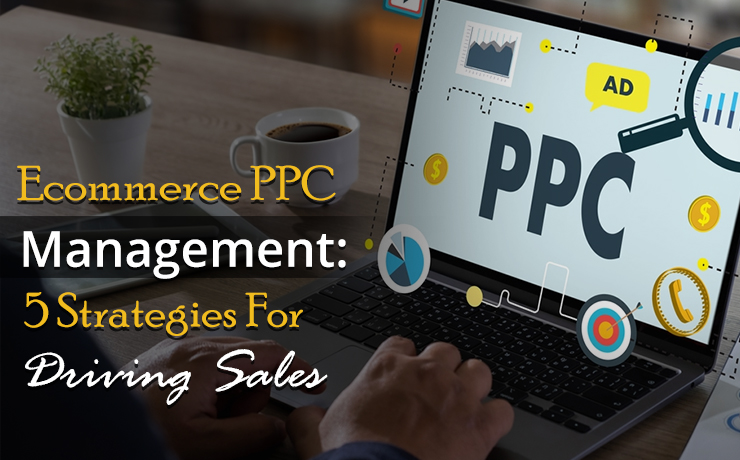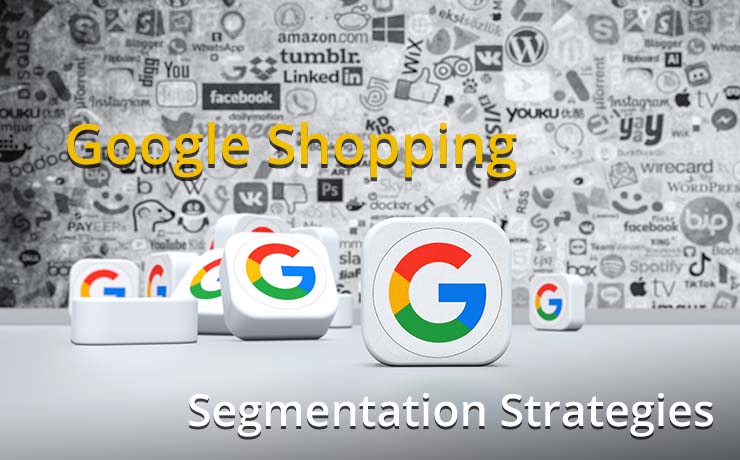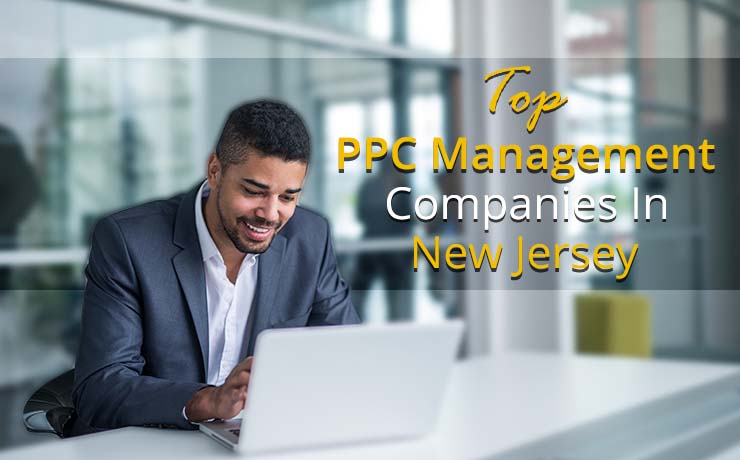Ecommerce PPC Management: 5 Strategies For Driving Sales

Chad Faith
Director of Content

In the dynamic landscape of digital marketing, effective ecommerce PPC management stands as a pivotal tool for online businesses aiming to elevate their sales. Pay-Per-Click (PPC) advertising, while inherently potent, demands a tailored approach when harnessed for ecommerce purposes. In this comprehensive guide, we will delve into five essential strategies to harness the full potential of ecommerce PPC management and drive sales to new heights.
Keyword Research: Laying the Foundation
Keyword research forms the bedrock of any successful ecommerce PPC campaign. It’s akin to finding the right key to unlock your target audience’s attention. Begin by identifying keywords that resonate with your products or services. Utilize tools like Google Keyword Planner and SEMrush to unearth high-traffic, low-competition keywords relevant to your niche.
Imagine you operate an online store specializing in athletic shoes. Your diligent keyword research unveils two promising gems: “running shoes for women” and “men’s basketball sneakers.” These keywords boast high search volumes and moderate competition, making them ideal candidates to target.
Ad Copy Optimization: Crafting Persuasive Narratives
With your keyword arsenal at hand, it’s time to craft compelling ad copy that not only captures your audience’s attention but also prompts action. Your ad copy serves as the digital storefront, and the more appealing it is, the higher the chances of conversion. Highlight product features, benefits, and unique selling points. Use ad extensions wisely to provide additional information, such as price, promotions, and contact details.
For your line of running shoes, your ad copy spotlights unparalleled comfort, exceptional durability, and a tantalizing limited-time offer of a 20% discount. This blend of key features and a tempting promotion makes your ad stand out.
Landing Page Optimization: Guiding the Path to Purchase
A well-optimized landing page is the bridge between your ad and conversion. It’s where your audience lands after clicking your ad, and it should provide a seamless user experience while guiding visitors toward making a purchase. Here are some key aspects to consider:
- Speed Matters: Ensure your landing pages load swiftly. Slow-loading pages can deter potential customers.
- Visual Appeal: Use high-quality images to showcase your products. Visuals play a crucial role in decision-making.
- Persuasive Descriptions: Craft product descriptions that highlight the benefits, features, and unique qualities of your offerings. Make it clear why your product is the best choice.
- Clear Call to Action (CTA): Your CTA should be prominent, urging visitors to take action. Whether it’s “Buy Now,” “Sign Up,” or “Get Started,” make it compelling.
If a user clicks on your “running shoes for women” ad, the corresponding landing page should present an array of styles, sizes, and color options. Key product details and pricing should be prominently displayed, making it easy for the visitor to make an informed decision and proceed to purchase.
Bid Management: The Art of Smart Bidding
Effective bid management is the engine that powers your ecommerce PPC campaigns. Your bids determine how often your ads appear and where they rank in search results. To make the most of your budget, you must optimize your bids based on keyword performance, competition, and your ROI goals.
Consider the following bidding strategies:
- Manual CPC (Cost-Per-Click): You manually set the maximum bid for each click. This option offers full control over your bids.
- Automated Bidding: Options like Target CPA (Cost-Per-Acquisition) and Target ROAS (Return on Ad Spend) allow the platform to optimize bids for you based on your specified goals.
Choosing the right bidding strategy depends on your campaign objectives and your comfort level with manual control versus automated optimization.
Upon analyzing campaign data, you notice that the keyword “running shoes for women” consistently yields a higher conversion rate and better ROI compared to other keywords. In response, you decide to increase your bid for this keyword, ensuring it occupies a prominent position and maximizing its visibility to potential customers.
Remarketing Campaigns: Rekindling Interest
Remarketing is a potent strategy to re-engage potential customers who have previously visited your website but didn’t make a purchase. It allows you to show tailored ads, special offers, or product recommendations to reignite their interest and encourage them to complete the conversion journey.
Suppose a user visits your online store, browses through your selection of women’s running shoes, but ultimately decides not to buy. With a well-executed remarketing campaign, this user might encounter an ad showcasing similar women’s running shoe options, accompanied by a personalized discount or promotion. This tailored approach often entices visitors to return and make a purchase they initially contemplated.
Elevate Your Ecommerce PPC Management for Skyrocketing Sales
In the fiercely competitive landscape of ecommerce, mastering ecommerce PPC management is a non-negotiable skill for any digital marketer. These five strategies – keyword research, ad copy optimization, landing page optimization, bid management, and remarketing campaigns – hold the keys to unlocking your ecommerce potential.
 Free
Consultation
Free
Consultation Free
Google Ads Audit
Free
Google Ads Audit







